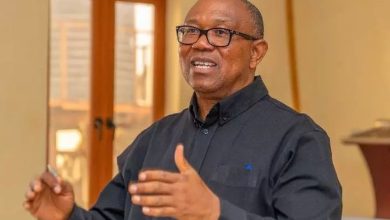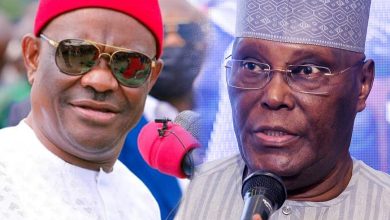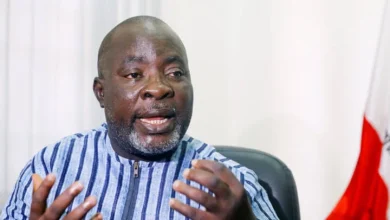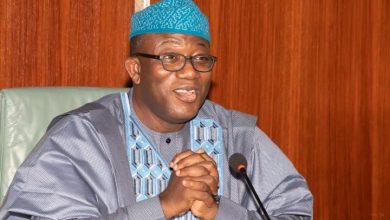Bauchi Governor Criticizes Wike, Labels Him a ‘Transactional Politician’
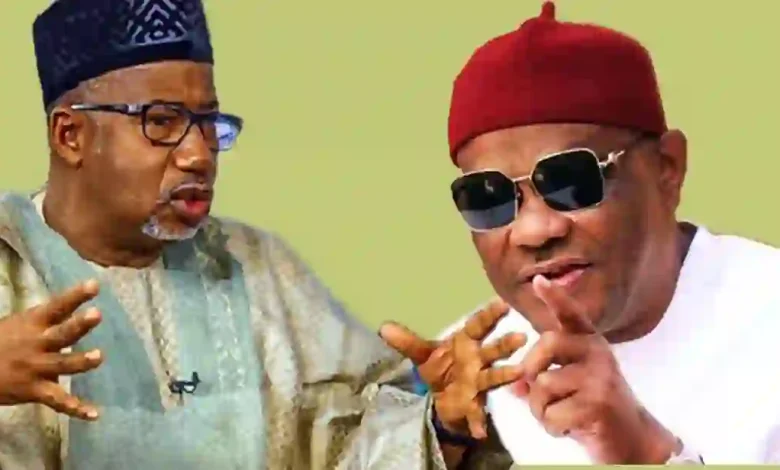
Bala Mohammed, the governor of Bauchi State, has criticized Nyesom Wike, the minister of the Federal Capital Territory, calling him a “transactional politician” whose allegiances change according to individual desire.
In reaction to Wike’s criticism of Mohammed’s resistance to President Bola Tinubu’s Tax Reform Bills, Governor Mohammed’s Special Adviser for Media and Publicity, Mukhtar Gidado, issued a press statement on Thursday that included the attack.
Gidado called Wike’s comments “hypocritical” and “baseless,” accusing the former governor of Rivers State of opportunism and political inconsistency.
Wike has moved from being a self-described PDP diehard to an enthusiastic supporter of the APC government with ease, even as he accuses others of being dishonest.
While still claiming to be a member of the PDP, he now supports the reelection of the same APC government in 2027. Wike’s credibility and moral compass are seriously called into doubt by this chameleonic behavior,” the statement said.
Gidado went on to say that Nigerians are not duped by Wike’s antics and accused him of putting ambition ahead of values and sabotaging his party for his own benefit.
According to Gidado, Wike’s political career was based on the PDP’s opportunities.
He now happily attacks the exact foundation that raised him, nevertheless.
“That a man who owes so much to a party that supported him throughout his political career has chosen to be a willing tool in its denigration is disheartening,” Gidado said.
Gidado responded to Wike’s assertion that he is not friends with Mohammed by calling the statement “irrelevant and puerile.”
“Governance is based on competence, vision, and the ability to produce results, not on personal friendships,” he stated.
Read Also: Tinubu: Prioritizing Welfare of Military Officers, Men Paramount to My Government
“Senator Bala Mohammed would be more than happy to welcome Wike if he ever had a moment of sincere introspection and wanted to align himself with actual leadership.
“Until then, Wike’s friendship—or lack thereof—has no bearing on Bauchi State’s development or Nigeria’s democracy,” the statement said.

